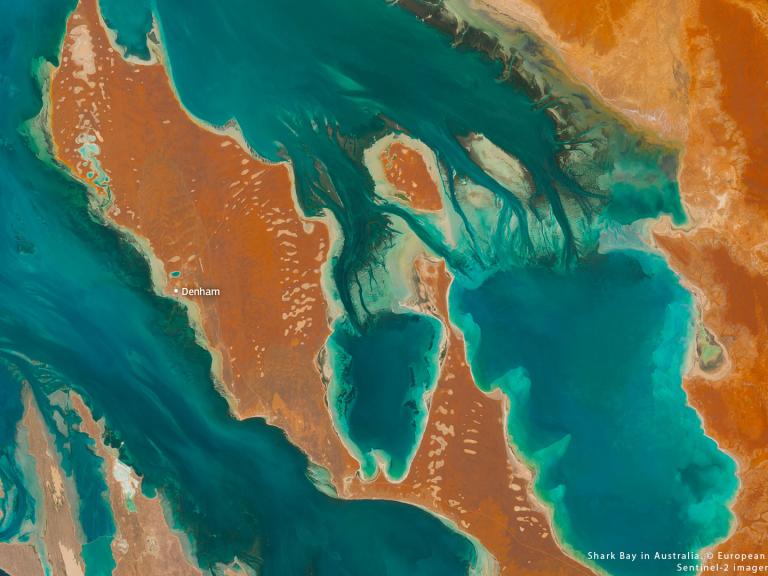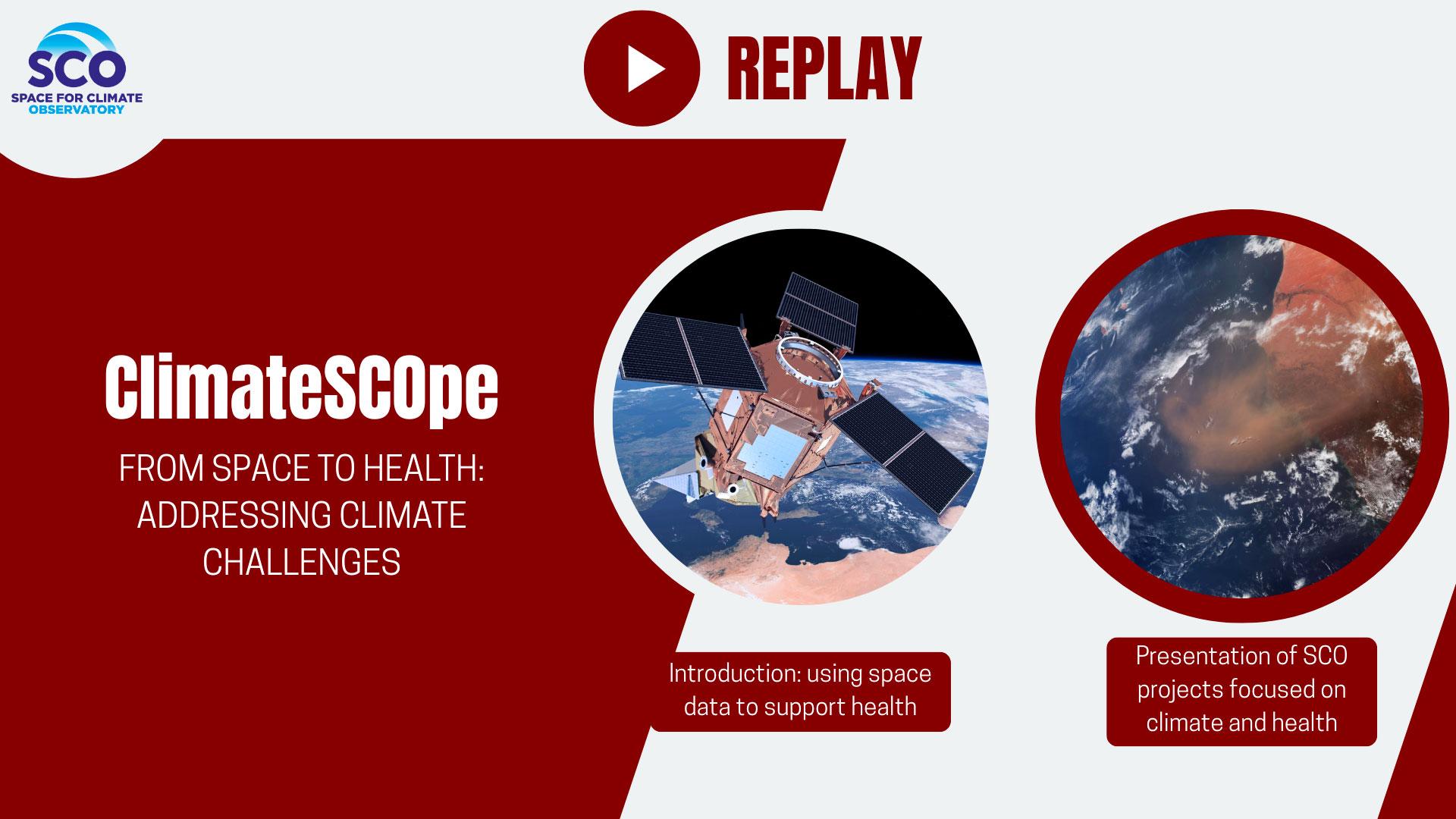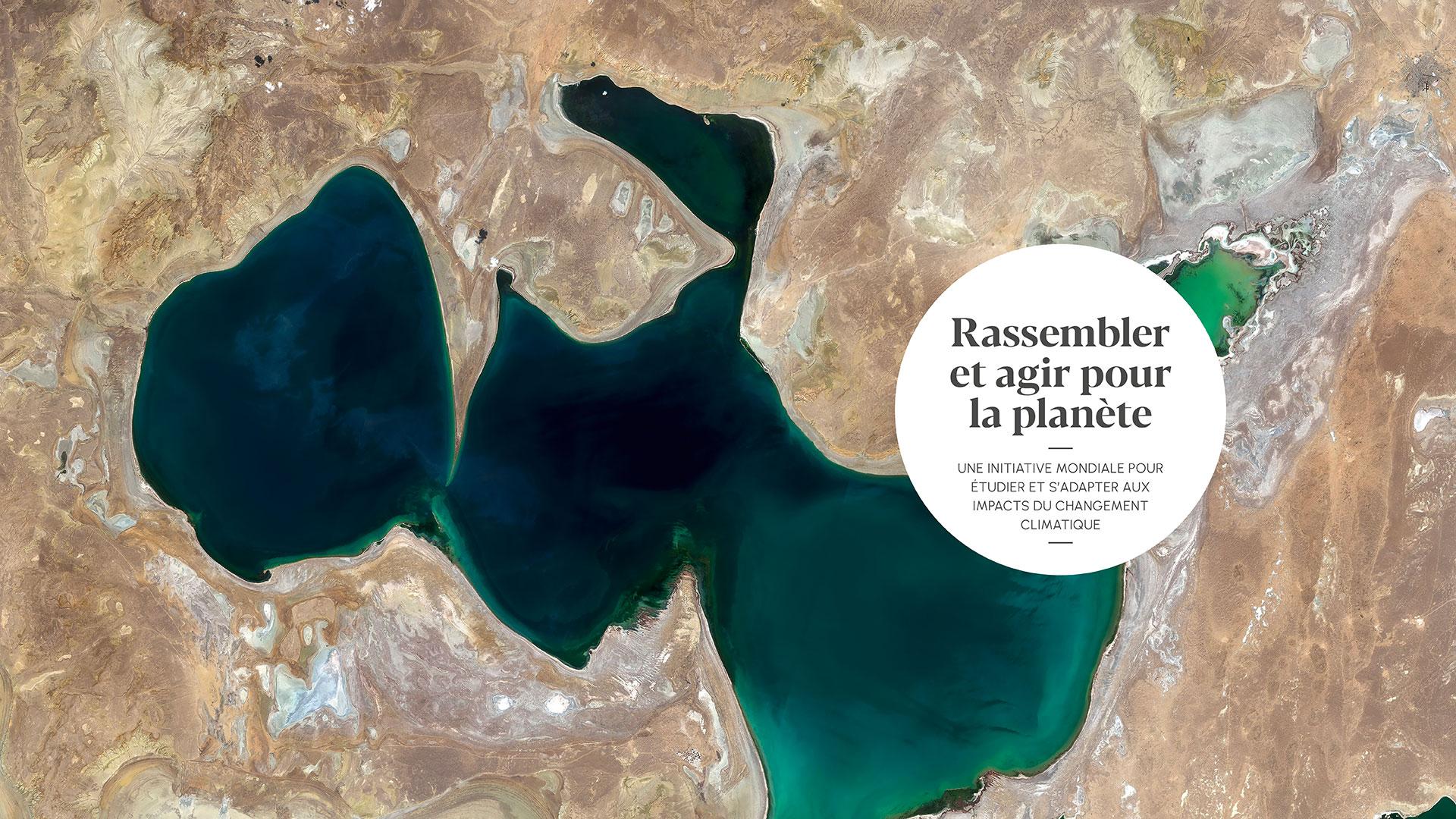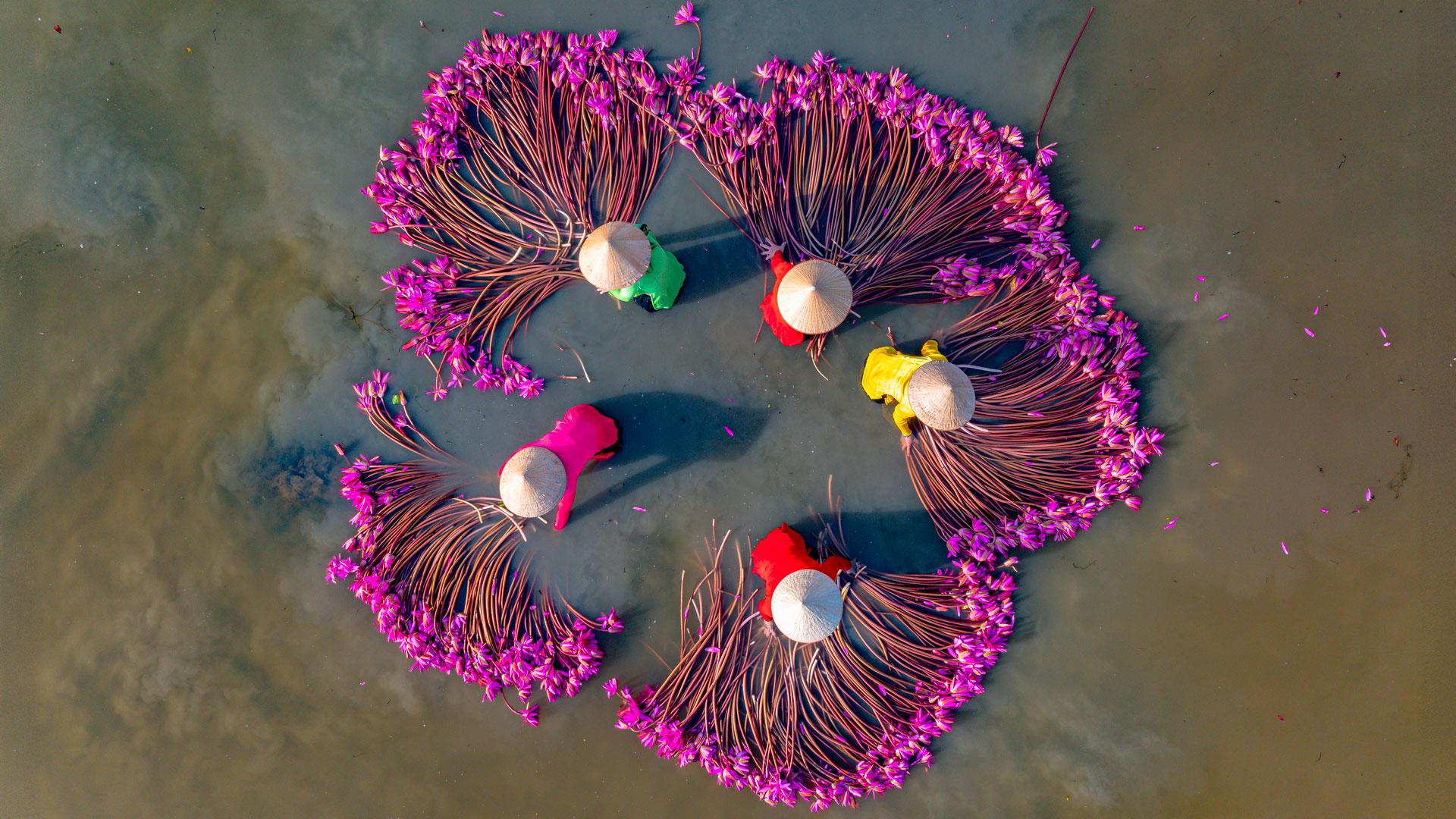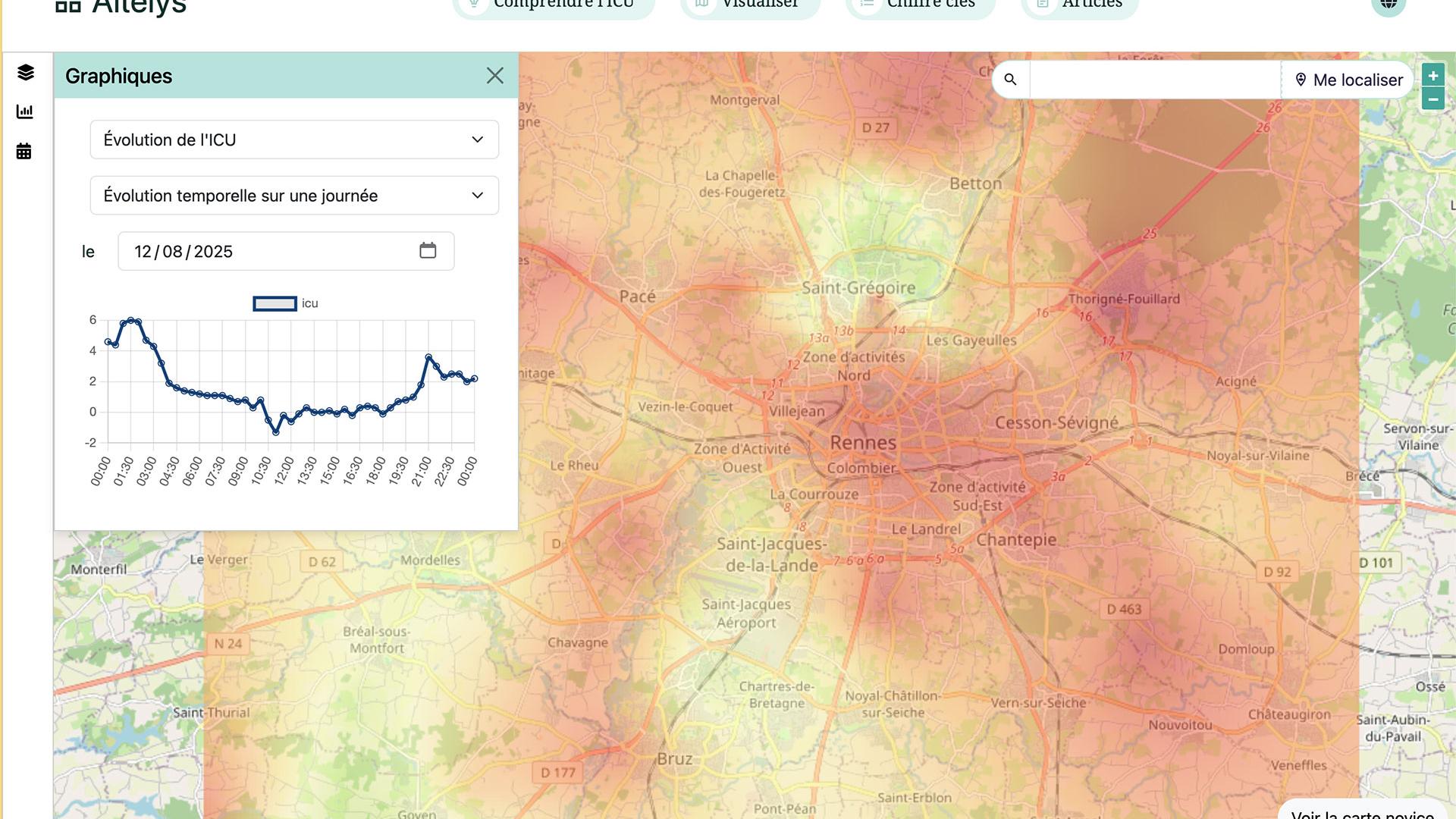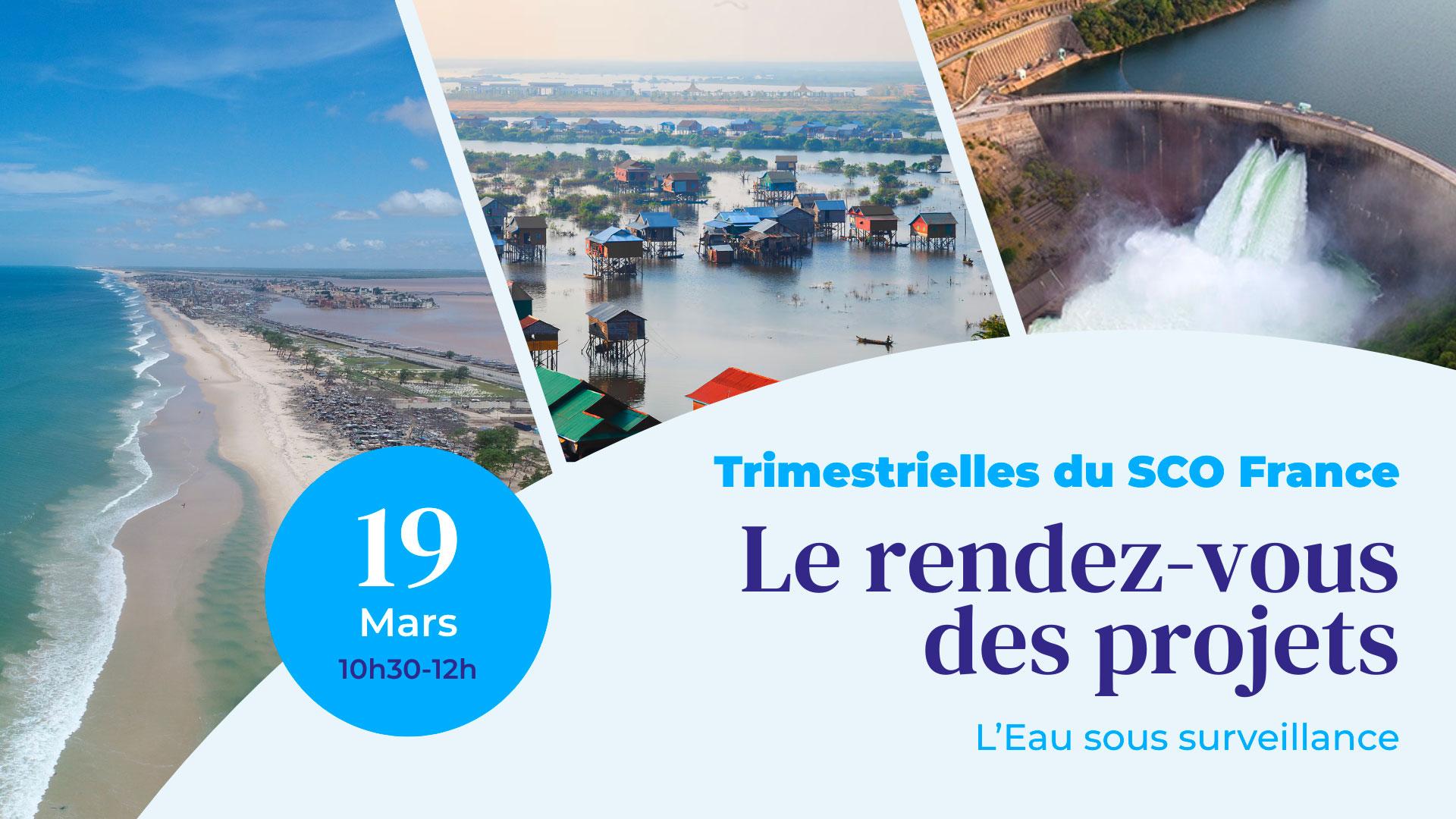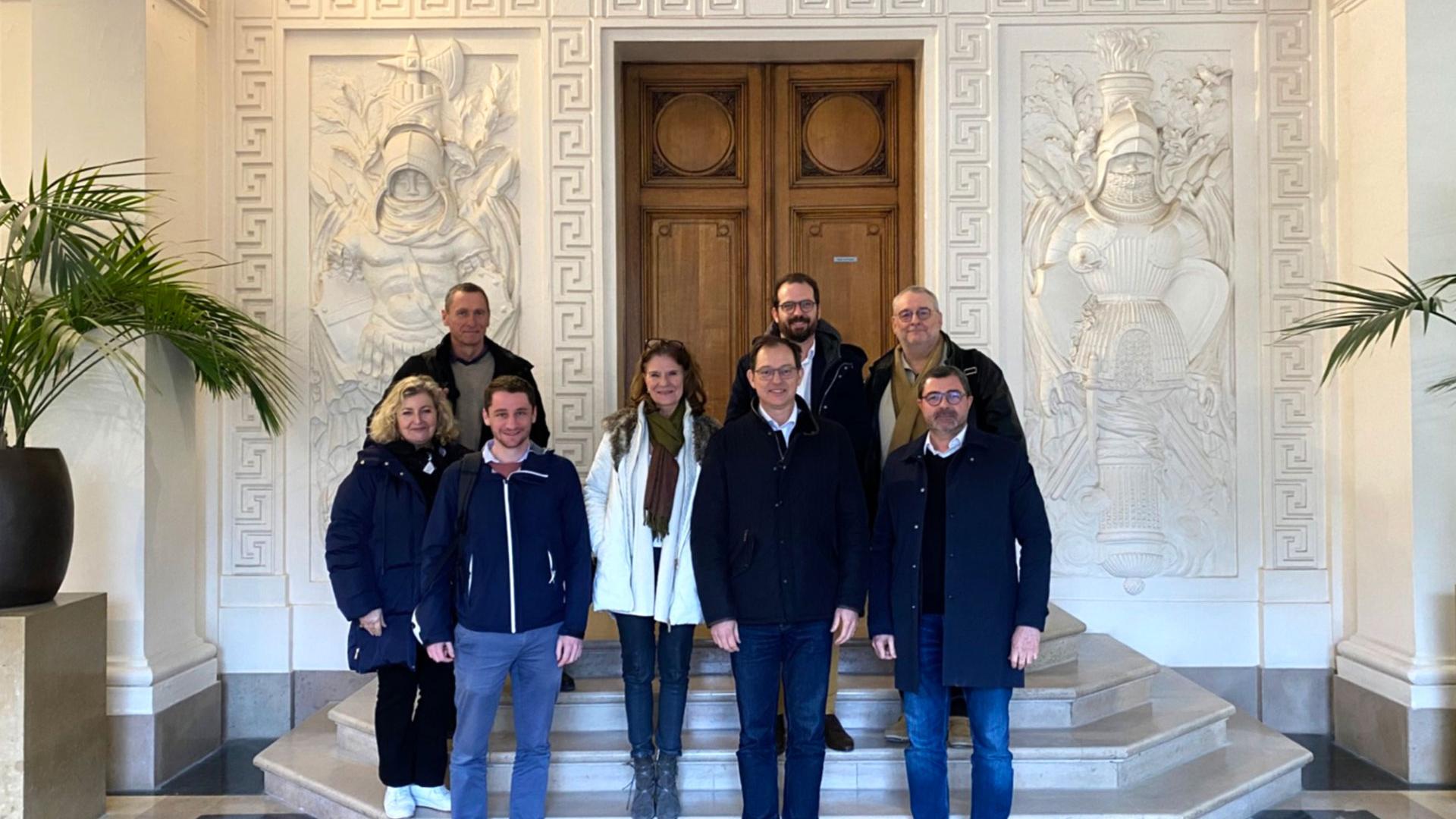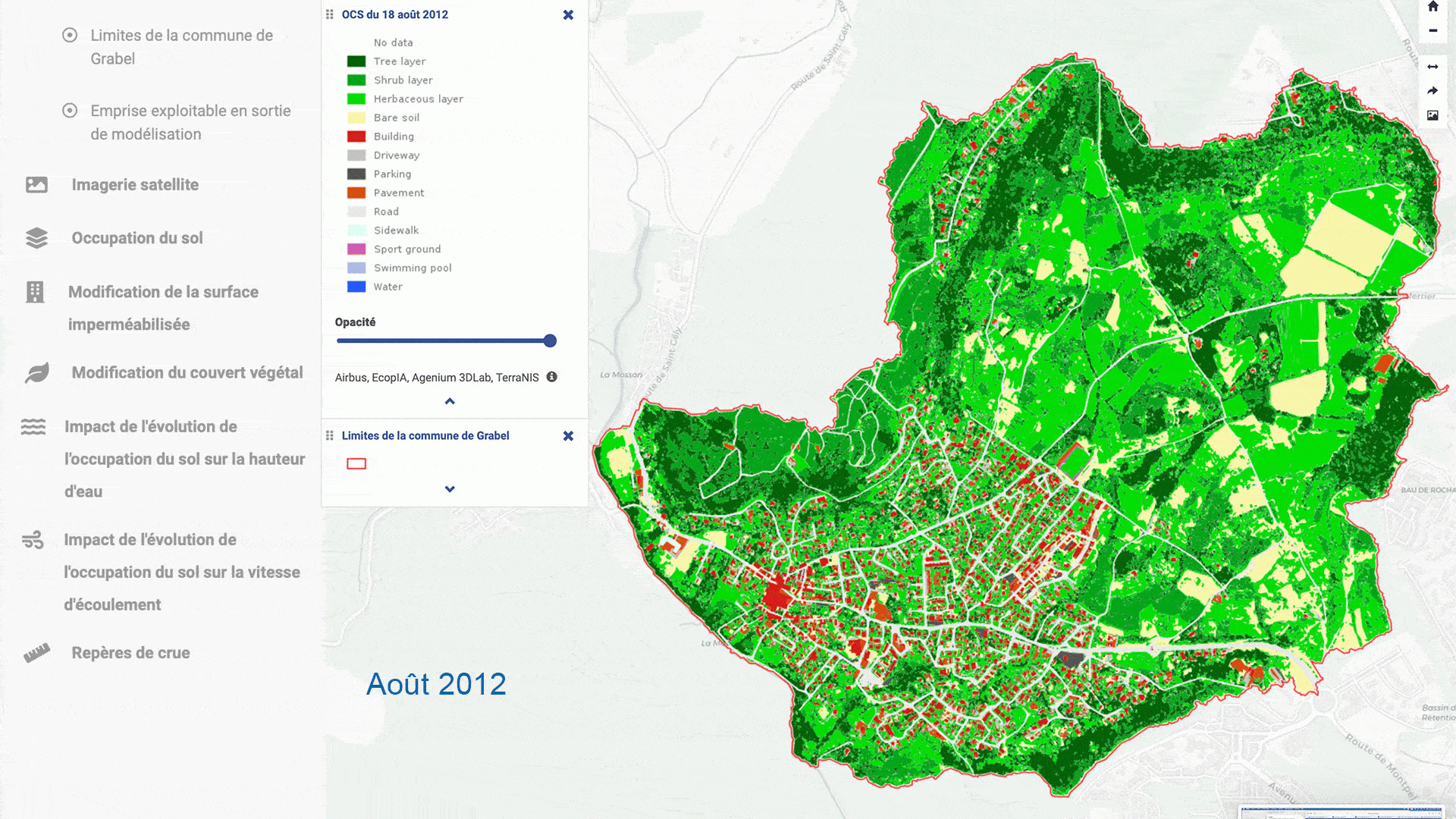ClimateSCOpe 3: From space to health
Climate change exacerbates certain public health issues, including the transmission of vector-borne diseases and air pollution. On February 24, 2026, the 3rd ClimateSCOpe brought together 93 participants around three SCOlutions that forge links between health, space, and climate. Replay.
Learn more ➔The SCO Portfolio is here!
Updated annually, the SCO Portfolio is available for the years 2020 to 2025. With 122 projects underway and more than 50 tools available, it is the essential memo for finding a SCOlution, key figures, contacts, and more. Use it as often as you like!
Learn more ➔Space observation for the Mekong basin
Working, eating and playing. The daily lives of tens of millions of people revolve around the Mekong, the world's eighth largest river by volume. Faced with major hydrological challenges, the Mekong River Commission organized a workshop in Paris dedicated to strengthening monitoring of the "river of nine dragons", in which the SCO participated.
Learn more ➔UrbaClim, the citizen platform to combat urban heat islands
Urban heat islands, or UHIs, are an invisible phenomenon that is keenly felt in cities around the world. Developed as part of the SCO Altelys project, the UrbaClim platform offers managers and citizens a solution for visualising UHI in real time, better understanding them, anticipating them and taking action. Find out more.
Learn more ➔Coming soon: 20th SCO France Quarterly Meeting
As climate change disrupts the water cycle and reshapes coastlines, spatial data provides valuable information that can raise awareness and help managers of vulnerable areas make the right decisions for the future. Demonstration on Thursday 19 March 2026 with three SCO projects at the 20th SCO France Quarterly Meeting.
Learn more ➔14th meeting of SCO France
Six years after the creation of SCO France, the 14th Inter-Organization Committee (IOC) meeting held on Thursday 22 January 2026 marks a milestone: hosted by the Ministry of Higher Education, Research and Space (MESRE), this meeting is focused on reflection and the future.
Learn more ➔P4UF has automated satellite-based hydraulic modeling
The project team kept its promise, as did Pléiades imaging: in November 2025, Pléaides4UrbanFlood (P4UF) launched an open mapping platform featuring all the results of its work. Here you can see the effectiveness of very high spatial resolution satellite imagery in automatically classifying land use and feeding it into the input data for hydraulic flood modelling.
Learn more ➔-
ClimateSCOpe 3
ClimateSCOpe 3: From space to health
Climate change exacerbates certain public health issues, including the transmission of vector-borne diseases and air pollution. On February 24, 2026, the 3rd ClimateSCOpe brought together 93 participants around three SCOlutions that forge links between health, space, and climate. Replay.
Learn more ➔SCO PortfolioThe SCO Portfolio is here!
Updated annually, the SCO Portfolio is available for the years 2020 to 2025. With 122 projects underway and more than 50 tools available, it is the essential memo for finding a SCOlution, key figures, contacts, and more. Use it as often as you like!
Learn more ➔Mekong HydrologySpace observation for the Mekong basin
Working, eating and playing. The daily lives of tens of millions of people revolve around the Mekong, the world's eighth largest river by volume. Faced with major hydrological challenges, the Mekong River Commission organized a workshop in Paris dedicated to strengthening monitoring of the "river of nine dragons", in which the SCO participated.
Learn more ➔AltelysUrbaClim, the citizen platform to combat urban heat islands
Urban heat islands, or UHIs, are an invisible phenomenon that is keenly felt in cities around the world. Developed as part of the SCO Altelys project, the UrbaClim platform offers managers and citizens a solution for visualising UHI in real time, better understanding them, anticipating them and taking action. Find out more.
Learn more ➔19th QuarterlyComing soon: 20th SCO France Quarterly Meeting
As climate change disrupts the water cycle and reshapes coastlines, spatial data provides valuable information that can raise awareness and help managers of vulnerable areas make the right decisions for the future. Demonstration on Thursday 19 March 2026 with three SCO projects at the 20th SCO France Quarterly Meeting.
Learn more ➔IOC 1414th meeting of SCO France
Six years after the creation of SCO France, the 14th Inter-Organization Committee (IOC) meeting held on Thursday 22 January 2026 marks a milestone: hosted by the Ministry of Higher Education, Research and Space (MESRE), this meeting is focused on reflection and the future.
Learn more ➔Pléiades4UrbanFloodP4UF has automated satellite-based hydraulic modeling
The project team kept its promise, as did Pléiades imaging: in November 2025, Pléaides4UrbanFlood (P4UF) launched an open mapping platform featuring all the results of its work. Here you can see the effectiveness of very high spatial resolution satellite imagery in automatically classifying land use and feeding it into the input data for hydraulic flood modelling.
Learn more ➔



